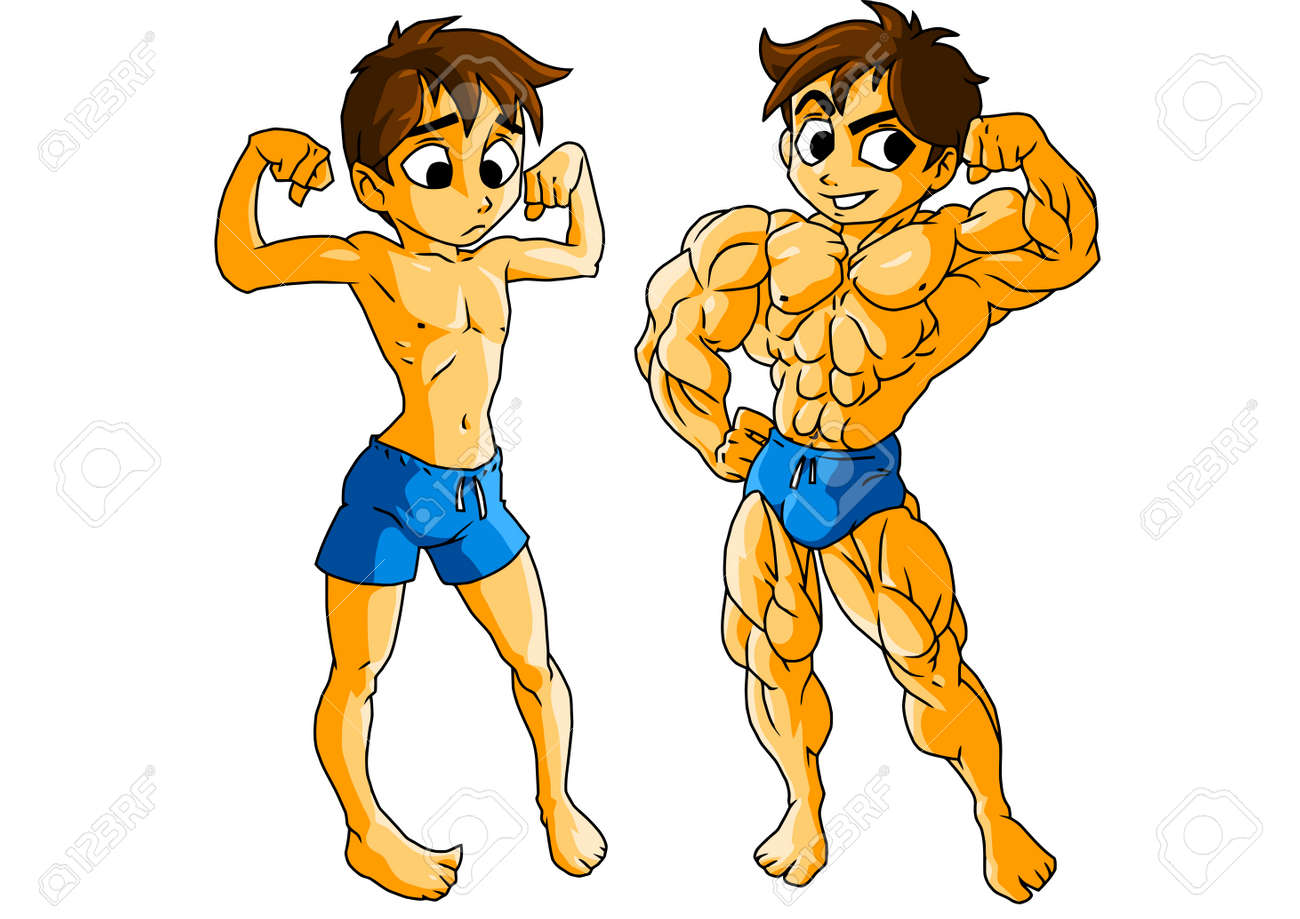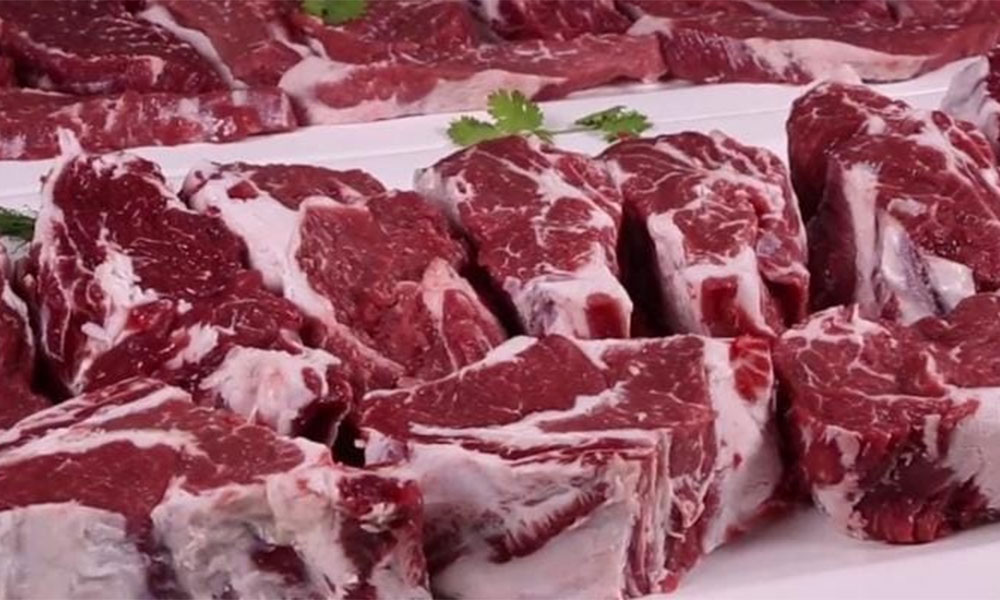The Importance of Protein in Bodybuilding
Protein is considered the cornerstone of muscle building and the repair of damaged tissues after intense workouts. For bodybuilders, protein plays a pivotal role in both bulking and cutting phases, aiding in increasing muscle mass during the bulking phase and preserving it during the cutting phase. Bodybuilders require larger amounts of protein compared to the average person, with their daily needs ranging between 1.6-2.2 grams of protein per kilogram of body weight.
Best Protein Foods for Bodybuilding
1. Eggs: A Complete and Cheap Protein Source
Eggs are considered one of the best sources of animal protein as they contain all the essential amino acids. A large egg (50 grams) contains about 6.3 grams of high biological value protein. Eggs are also rich in vitamins and minerals such as vitamin D and choline, and help in controlling appetite and weight loss.
2. Chicken Breasts: Lean Protein
Chicken breasts are one of the most common foods among bodybuilders due to their high protein content and low fat. Half a chicken breast (86 grams) provides about 26.7 grams of protein, in addition to B vitamins, zinc, and selenium.
3. Fatty Fish (Salmon and Tuna)
Salmon is rich in high-quality protein and omega-3 fatty acids that support heart health and reduce inflammation. 100 grams of salmon contains about 20 grams of protein. Canned tuna in water provides about 22 grams of protein per 85 grams with low calories.
4. Lean Red Meats
Lean red meats provide about 21 grams of protein per 100 grams and are rich in iron, zinc, and vitamin B12, which supports the formation of red blood cells and muscle function. However, it is recommended to consume them in moderation due to their saturated fat content.
5. Dairy Products (Cottage Cheese and Greek Yogurt)
Cottage cheese is an excellent source of casein, a slow-digesting protein that nourishes muscles for long hours. One cup (226 grams) of cottage cheese provides 28 grams of protein. Greek yogurt contains twice the amount of protein compared to regular yogurt, with a 200-gram serving providing about 20 grams of protein.
6. Legumes (Lentils, Chickpeas, and Beans)
Legumes are a great option for vegetarians or those looking for an economical plant-based protein. Lentils contain about 9 grams of protein per half cup, while chickpeas provide 19 grams of protein per 100 grams. Legumes are also rich in fiber, which promotes satiety.
7. Nuts and Seeds (Peanuts and Almonds)
Peanuts and peanut butter are rich plant-based sources of protein, with two tablespoons of peanut butter providing 8 grams of protein. An ounce (28 grams) of almonds contains 6 grams of protein along with healthy fats and vitamin E.
8. Whey Protein
Whey protein is a popular dietary supplement among bodybuilders due to its rapid absorption after exercise. One serving (scoop) usually contains 24 grams of protein. Casein protein is preferred before bed due to its slow digestion.
Tips for Distributing Protein Throughout the Day
To maximize the benefits of protein for muscle building, it is recommended to distribute protein intake throughout the day:
- Breakfast: Eggs or Greek yogurt with oatmeal
- Pre-workout meal: Chicken breasts with brown rice
- Post-workout meal: Fish or meat with sweet potatoes
- Dinner: Cottage cheese or casein protein
- Snacks: Nuts or protein shake
Foods to Avoid
Bodybuilders are advised to avoid:
- White bread and foods rich in refined sugars
- Sugar-sweetened juices
- Fried foods and trans fats
- Processed soy protein due to its effect on testosterone
Conclusion
Bodybuilders should focus on eating a variety of high-quality protein sources, both animal and plant-based, to meet their daily needs of essential amino acids. Protein should also be combined with complex carbohydrates and healthy fats to achieve the optimal nutritional balance for building and maintaining muscle. Remember that dedication in training must be matched by a commitment to a comprehensive diet to achieve the best results.



